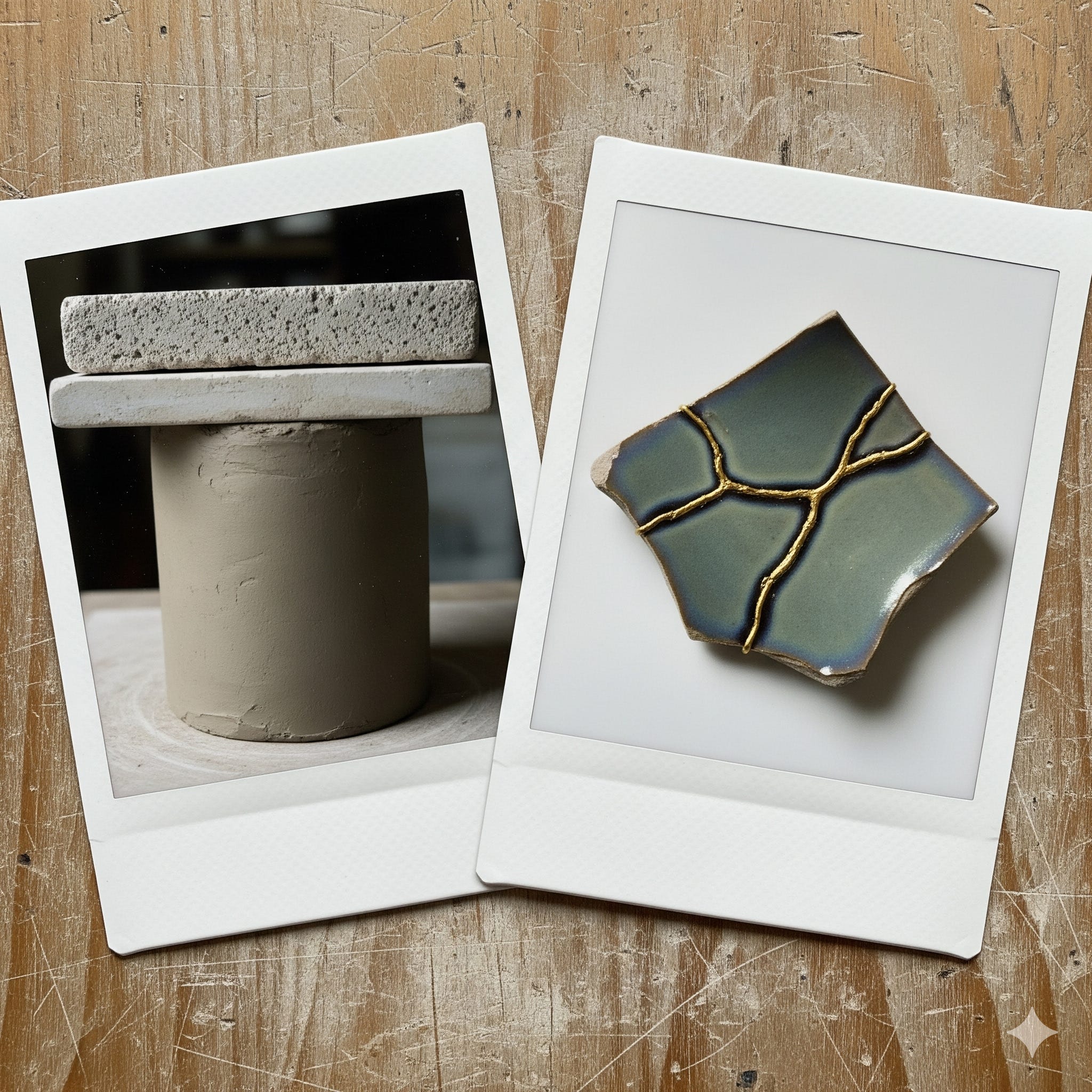Wound Worship: how harm becomes holy to silence dissent
Sacralization is power’s aftermarket armor. It’s the trick that makes the preventable untouchable.
Shocks arrive: a layoff, a flood, a diagnosis. Harm is inevitable. What is negotiable is where the burden falls. Some systems absorb shocks broadly, spreading the force across their foundations. Others leak, channeling stress downward onto individuals and communities. Yet no institution can admit openly: we made you carry the weight so we wouldn’t have to.
To defend those choices, systems reach for sacralization, a form of political alchemy in which injury becomes sanctity and sanctity becomes immunity.
Injury → Sanctity → Immunity
The underpaid nurse is reframed as a “healthcare hero.” The dead soldier becomes a “martyr for freedom.” The poisoned town is renamed a “sacrifice zone for growth.” What was exploitation is converted into honor, and dissent is recast as desecration.

Sacralization is effective because it seizes on three reflexes at once:
our reverence for suffering,
our aversion to desecration, and
our hunger for meaning.
Critique isn’t erased but morally disqualified before it can even be voiced. Applause for “frontline heroes” replaced hazard pay and safe conditions — a move I’ve called part of the denial economy . Monuments and anthems sanctify policy itself. Burnout is renamed devotion. Contaminated landscapes are branded as sacrifice zones. Eligibility gates are praised as virtue while scarcity is deliberately engineered.
Sacralization doesn’t just shield institutions; it inverts the charge of critique. Workers who resist unsafe conditions are cast as betraying their “heroic duty.” Communities that refuse displacement are labeled selfishly opposed to “sacred progress.” What looks like care is often a mechanism of control, a kind of soft-power containment.
The shrine endures because it is ritualized. Memorial days, national anthems, corporate hashtags, even the liturgy of awareness months all serve to rehearse the sanctity of harm until the shrine outlives the wound. As I argued in Manufacturing Inevitability, what begins as temporary response hardens into ‘common sense.’
Piercing sacralization does not mean desecrating victims. It means redirecting our reverence. What’s actually profane here, if anything, is the system’s willingness to build shrines to harm rather than prevent it. Reverence belongs to the living, not to monuments. Dignity requires protection, not martyrdom. Meaning should come from care, not canonized loss.
The question, then, is disarmingly simple: does the system carry the weight, or does it build a shrine around those it has crushed? Until institutions are redesigned to absorb shocks rather than sanctify them, critique will continue to be mistaken for desecration, and shrines will continue to rise where protections should have stood.
An Unwitting Accomplice
Denial doesn’t start in ignorance; it starts in conditions where honesty has a price. Name abuse at home and you can lose your family; name wage theft and you can lose your job; name austerity and you can lose benefits.




